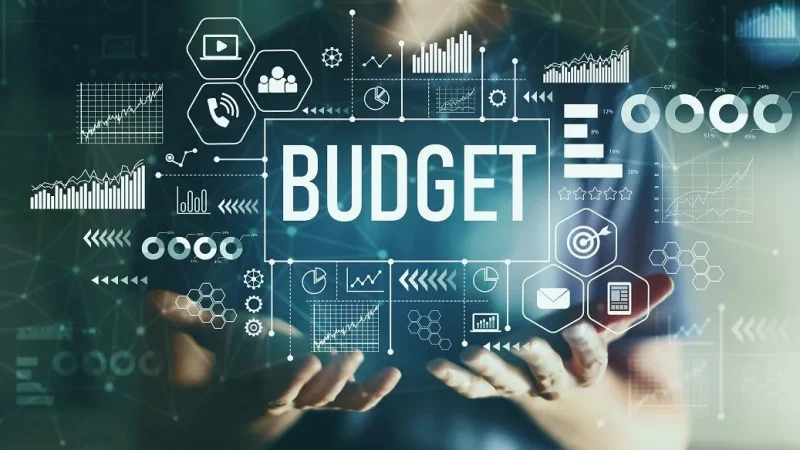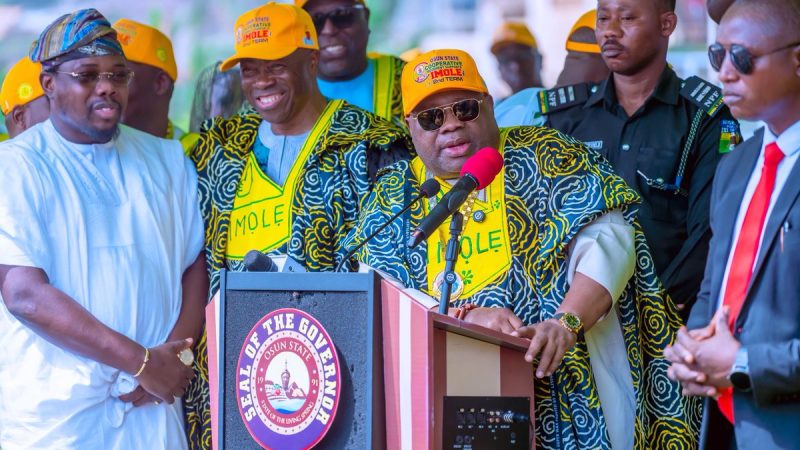Nigeria’s inflation rate eased for the fifth consecutive month in August 2025, intensifying pressure on the Central Bank of Nigeria (CBN) to lower its benchmark interest rate from the current 27.50 per cent.
Fresh data released by the National Bureau of Statistics (NBS) on Monday showed that headline inflation slowed to 20.12 per cent in August, down from 21.88 per cent in July.
On a year-on-year basis, inflation dropped sharply by 12.03 percentage points compared to 32.15 per cent recorded in August 2024, a decline partly attributed to the Consumer Price Index (CPI) rebase earlier in 2025.
Food inflation, a major driver of the headline rate, also moderated slightly to 21.87 per cent from 21.88 per cent in July. The NBS attributed this slowdown to reduced prices of staple foods including imported and local rice, millet, semolina, flour, and maize.
The consecutive decline in inflation has sparked renewed calls for the CBN’s Monetary Policy Committee (MPC), which meets September 22–23, to consider a rate cut that could ease borrowing costs for businesses and households.
Financial analyst and Chief Executive Officer of SD & D Capital Management, Gbolade Idakolo, said the trend strengthens the case for policy easing after months of aggressive tightening.
“The easing of inflation to 20.12% could make the CBN cut interest rates at the next MPC meeting,” Idakolo told reporters.
“Consistent interest rate hikes have really affected the real sector, especially manufacturing and services, leading to higher costs of goods and services. A reduction in rates would relieve pressure on businesses and help lower production costs.”
He added, however, that despite the downward trend, most Nigerians have yet to feel the benefits of easing inflation because the cost of doing business remains high.
“Generally, the impact of inflation reduction is not yet being felt across the board. The real economic dividends have not improved the cost of living,” he noted.
Also weighing in, Prof. Godwin Oyedokun, an economist at Lead City University, Ibadan, cautioned that the statistical decline in inflation would only be meaningful if translated into everyday realities for Nigerians.
“While the official inflation rate shows a decrease, many Nigerians may still feel the pinch due to high living costs, unemployment, and currency volatility,” Oyedokun said.
He stressed that food prices remain a key determinant of household welfare and any inflation relief would only be credible if these costs fall significantly.
“For now, the decline is a positive sign, but most citizens will not experience real-time relief unless prices of essential goods decrease proportionately to incomes,” he explained. “Given Nigeria’s history of economic volatility, scepticism remains over whether this positive trend will be sustained.”
The CBN has maintained a hawkish stance since early 2024, raising the Monetary Policy Rate to 27.50 per cent in an effort to rein in inflation and stabilise the naira.
But manufacturers and private sector players have argued that the high rates are choking credit expansion, hurting investment, and worsening unemployment.
With inflation showing signs of cooling, analysts say the September MPC meeting could prove pivotal in determining whether the apex bank begins to loosen its tight grip on monetary policy.
“The key question now is whether the CBN will prioritise inflation control or growth stimulus,” Idakolo said. “The balance will determine how sustainable this inflation trend becomes.”





